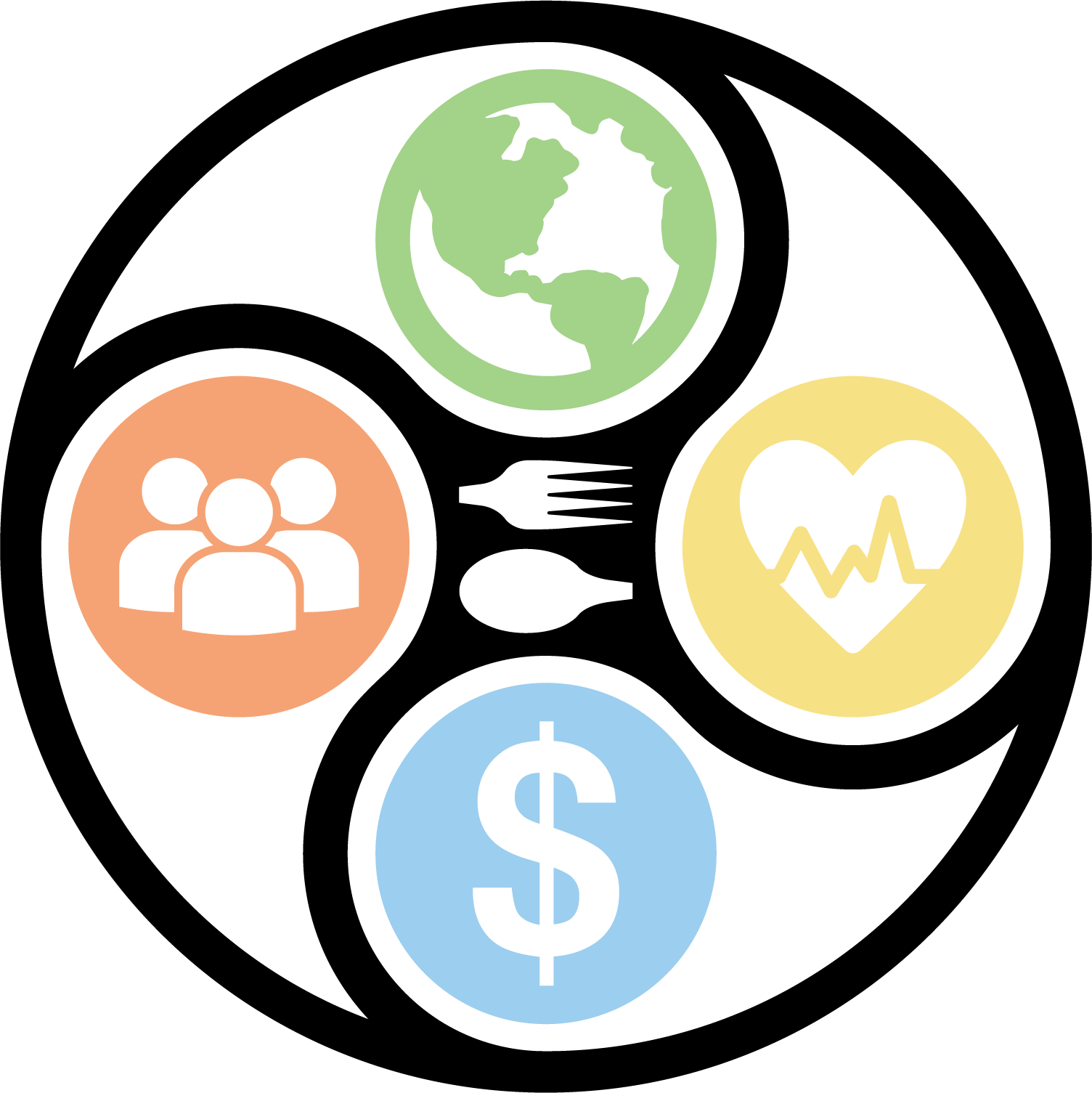Current dietary patterns are unsustainable, representing fundamental threats to human nutrition and health, ecosystems and climate, economic stability and social equity. Poor diets are the main contributor to the global burden of disease, accounting for 20% of premature disease-mediated mortality worldwide, with more than 3 billion people suffering one or more manifestations of poor nutrition: undernutrition, overweight/obesity and/or micronutrient deficiencies. The environmental impacts of dietary patterns are already transgressing several planetary boundaries, with impacts projected to increase 50-92% by 2050 in the absence of rapid, large-scale mitigation. Finally, a significant fraction of the global population farms, fishes, or labor in food value chains, performing low-wage, often dangerous work insufficient to provide food security.
Despite recent advances, there are major gaps in diet sustainability research and policy translation. Analyses have largely focused on human health and environmental impacts. Sustainability, however, encompasses four pillars: environmental, health, economic, and social. Omitting social and economic dimensions of diet sustainability means that policies risk exacerbating existing social inequities or are unlikely to be followed. Even when complementary metrics are incorporated analytically, it is unclear how to implement needed shifts in diets. To design effective policies that shift consumption, context-specific analyses of consumer behavior and values regarding diet sustainability issues are needed.

While critical to achieving the Sustainable Development Goals, expanding dietary analyses to include all four pillars creates challenges for translation to policy. Adding new considerations increases uncertainty and the likelihood of trade-offs. Innovative methods are needed to standardize, weigh, and visualize impacts to be able to provide context-specific, actionable guidance. This is why the LASTING team has come together. We hope to establish Tufts as a leader in evaluating sustainable transitions in global food systems through development of robust metrics and communication through high-impact publications.

